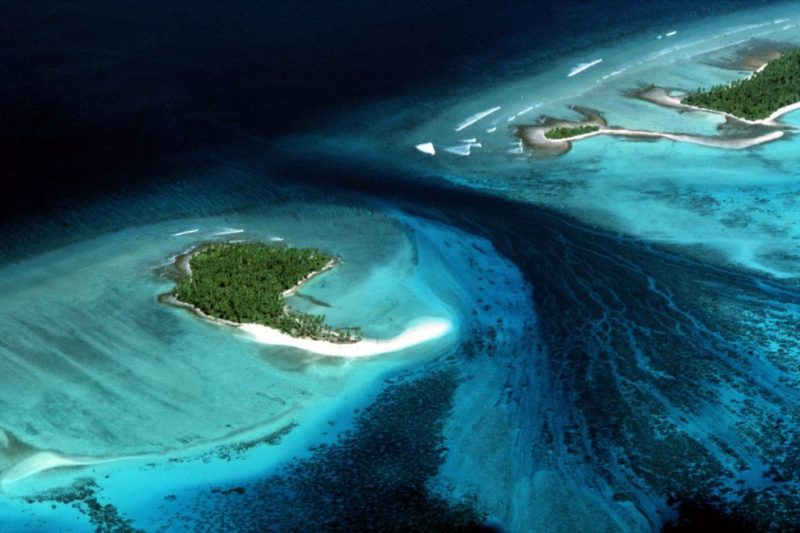Highly polluting emerging economies such as China and India should pay into a climate compensation fund to help other countries rebuild after disasters caused by climate change.
Those comments, by the prime minister of Antigua and Barbuda this week, are the first time the two Asian giants have been lumped into the list of major emitters that island states saying they must be held to account for damage being wrought by global warming.
Prime Minister Gaston Browne, speaking on behalf of the Association of Small Island States (AOSIS) negotiating bloc, said the world’s first- and third-biggest greenhouse gas emitters have a responsibility to pay into a fund, despite being emerging economies.
Delegates at the conference agreed to put the topic of loss and damage onto the formal agenda for the first time in the history of international climate negotiations.
“We all know that the People’s Republic of China, India – they’re major polluters, and the polluter must pay,” Browne said. “I don’t think that there’s any free pass for any country and I don’t say this with any acrimony.”
In UN climate talks, the phrase “loss and damage” refers to costs already being incurred from climate-fuelled weather extremes or impacts, like rising sea levels.
To date, climate vulnerable countries have called on historical emitters like the United States, United Kingdom and the EU to pay climate reparations.
China itself has previously supported the creation of a loss and damage fund but has not said it should pay into it. The EU and United States have said that China, the world’s biggest greenhouse gas emitter, should pay.
India, though a top emitter, has per capita emissions that are significantly lower than the world average.
AOSIS wants a full commitment to launch a multibillion dollar fund by 2024.
ALSO SEE:
China Says ‘We’ll Help Poor Nations on Climate Damage Costs’
Loss & Damage Funding Mechanism Sought
Egypt’s lead climate negotiator Mohamed Nasr said the goal for the COP27 negotiations was to get some clarity on the way forward for loss and damage, but that there was still a wide range of views.
“Now we have a starting point, so it is more streamlined and more focused and hopefully by the end of the two weeks we’ll have something that would identify the road map, the milestones to deliver,” he said.
Over the coming year the goal would be to identify a mechanism for delivering loss and damage funding.
“We’ll be looking at the different options. Is it a facility? Is it a new fund? Is it the existing funds? I mean there are a lot of options,” he said. “What we heard from many countries is that they want to keep their options open.”
Another AOSIS negotiator, Deputy Environment Minister of International Cooperation Milagros De Camps, said from the perspective of island nations like hers that face more frequent and powerful natural disasters like hurricanes and cyclones the need for a new dedicated compensation fund is clear.
“We need specific fund fit for purpose… a separate operating entity,” she told reporters. “This is a matter of survival for small island developing states.”
- Reuters with additional editing by Jim Pollard
ALSO SEE:
Corporate Climate Pledges Often Just Empty Slogans, UN Says
China Wants High-Tech Solutions for Climate Problems
China Seeks Better Adaptation to Climate Change As Risks Rise
China Backpedals on Climate Promises as Economy Slows
























